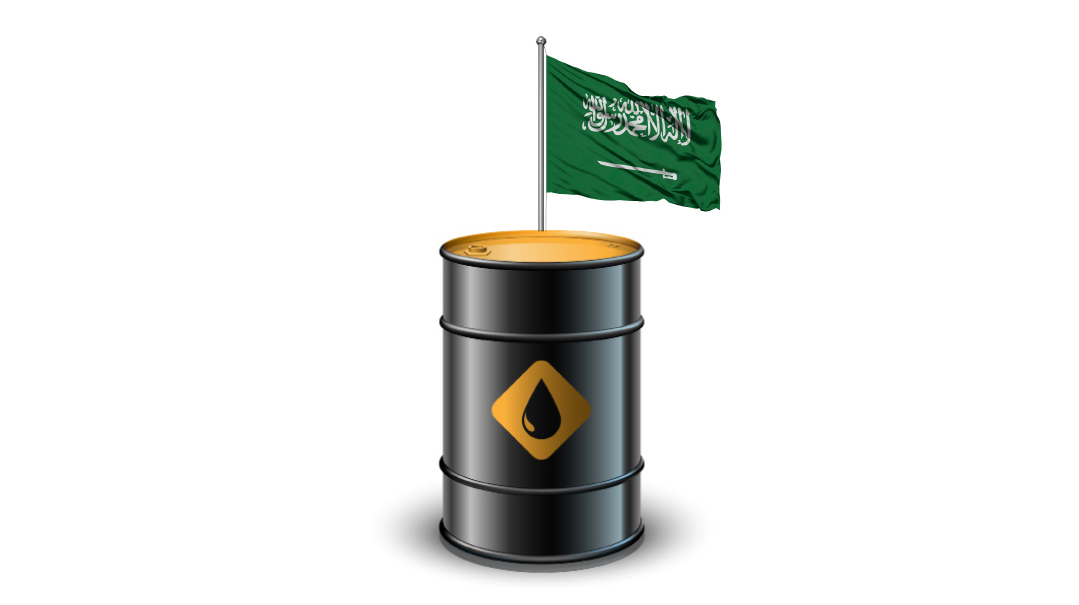Global Oil Spat

“The Saudis once again proved that they are the rulers of the oil market”

Amid a global pandemic, and a precipitously falling stock market, on March 6, Saudi Arabia sent the price of crude reeling by promising to flood the world with cheap, plentiful oil.
The decision seems illogical. As global demand for oil has plunged — especially in China, where imports have sunk 20 percent since the coronavirus outbreak — a cut in production would raise prices, offsetting losses.
And that’s precisely what Saudi Arabia proposed when members of Opec Plus met in Vienna on March 5. But there was one problem: Russia, the “plus” in Opec Plus, would not agree. For a few years now, Russia and Saudi Arabia have coordinated oil prices closely, a partnership between the world’s second and third largest producers. But for reasons not entirely clear, Russia refused this latest cut in production. Speculation for Russia’s moves centers around internal politics in Moscow, where the state’s largest oil producers have long opposed coordination with Saudi Arabia, and the government’s bet that it might be able to corner what remained of the Asian market.
In response to Moscow’s decision, Saudi Arabia did a 360, vowing to raise production levels and flood the world with cheap oil. It directly offered a deep discount to customers in Europe, Russia’s biggest market.
The immediate effect was a 30 percent drop in oil prices. Then, last Thursday, during the worst day in the US stock market since 1987’s Black Monday, oil prices slid another 20 percent, translating into a 50 percent drop since the start of the year.
Saudi Arabia’s strategy is based on two pillars. First, it wants to show competitors that it remains the big daddy in the world’s oil markets, capable of setting prices with a pen stroke. Second, it knows that no other country can produce oil so inexpensively. In the United States, which is now the world’s largest oil producer, the shale oil drillers who have made that possible only profit when oil sells for more than $37 a barrel. In Russia, production costs are even higher, at $40 a barrel. In Saudi Arabia, it costs about $10 to produce a barrel of oil. The crisis is so big and the future so uncertain that economists can only say at this point that “billions” of dollars will be lost and “thousands” of jobs will be eliminated.
Who wins and who loses in this global fight of world powers? According to Dr. Yossi Mann, an expert in energy geopolitics at Bar-Ilan University, the Saudis are the big winners, along with average consumers. As of this writing, the price of oil stands at about $32 a barrel, and gas prices are falling around the world.
“The Saudis once again proved that they are the rulers of the oil market,” Mann said in a telephone interview. “They shape the market. Some had recently thought that the Russians were in control, but the problem is that at these prices, producing oil is not profitable for Russia. [Many countries] will need to close wells and oil fields because they will no longer be profitable.”
Dr. Mann said he expects this fight to last four to six months, when Opec members will be forced to come to an agreement.
As it happens, Israel is one of the few countries that might benefit from this global oil fight. Over the last decade, Israel has made huge natural gas discoveries off its coast, and last December, gas started to flow from its largest reservoir, Leviathan. Since natural gas is a byproduct of oil production (though not always, as is the case in Israel), if global producers are forced to shutter wells, natural gas prices will rise as an available and plentiful commodity. Furthermore, Israel’s primary strategic threat, Iran, will suffer as oil prices fall, the latest economic malady in a country hard hit by international sanctions.
But much of this depends on the course of the novel coronavirus over the next weeks and months. Will it spread slowly as temperatures rise in the Northern Hemisphere? Or will it erupt with the same virulence in the Southern Hemisphere, keeping economic growth stagnant the world over? It seems that nations best prepared for the fight will suffer the least.
Don’t Forget Us
I am writing this column from quarantine, where I have been isolated for more than a week. I had the good fortune to attend the AIPAC conference in Washington, D.C., two weeks ago, but because at least five participants were found to have the coronavirus, the Israeli government asked all those returning to seclude themselves. So be it.
At first, quarantine was novel. Gee, what can I do with the two hours I’ll be saving from my work commute? Remember that idea you had to clean out the laundry room? Now would be a great time! And gosh, remember all those Mishnah Berurahs you missed while you were away? What better opportunity to catch up! But as reality set in, the opposite proved to be the case. As the saying goes, if you want something done, ask the busiest person you know to accomplish the task.
I do have one observation to share, however: I now have a better sense of what it must have felt like to have tzaraas, the skin (and spiritual) affliction described by the Torah. I now appreciate the social isolation that tzaraas must have engendered as the victim was banished outside the camp. It isn’t nice to feel that no one wants to talk to you or come close. You are quite literally apart. Community activities are off limits, and even interactions with one’s family are limited. Indeed, families can feel the stigma along with the victim. A friend of mine in Jerusalem told me this week that because his family attended a Purim seudah, another family did not.
It’s all well and good, and we should all be exceedingly careful. This is, after all, a deadly virus, and it may strengthen in the weeks ahead. If that’s so, we should all learn to be sensitive to those who have been quarantined. Call them on the phone to say hello. Send them a gift to brighten their day. Let them know that others are thinking of them, and praying (if they are sick) for their speedy recovery.
Ultimately, we’re all in this together. Those who are sick must certainly not endanger others. But those on the outside, who have full rights to walk around the camp, should not forget their brethren in isolation.
(Originally featured in Mishpacha, Issue 803)
Oops! We could not locate your form.













